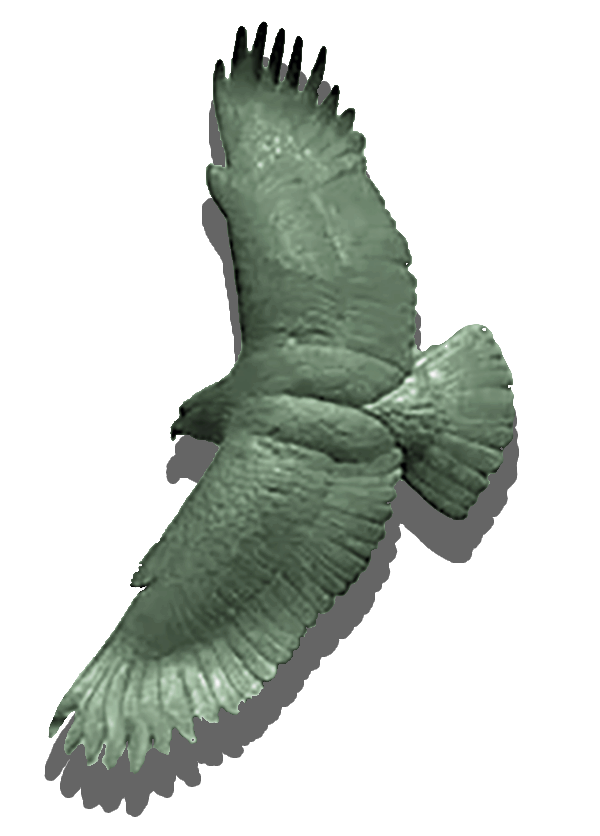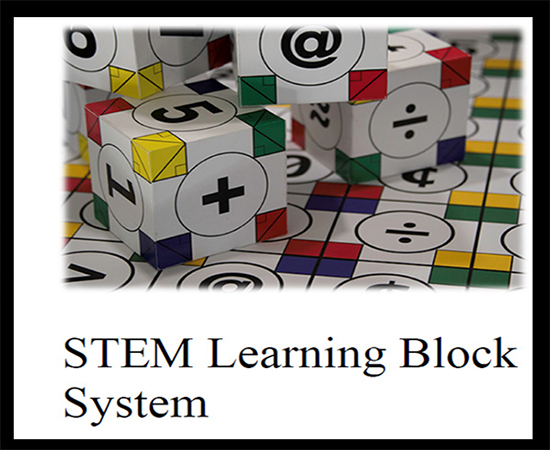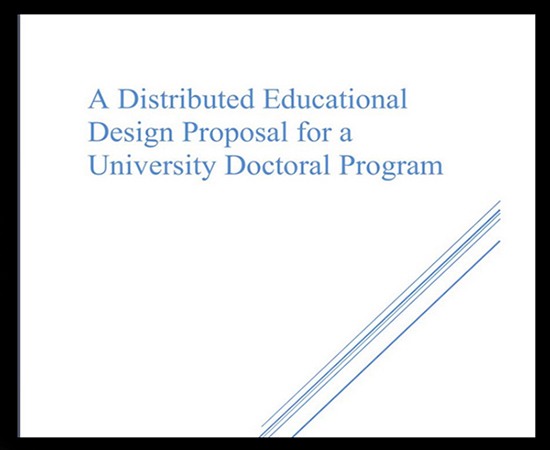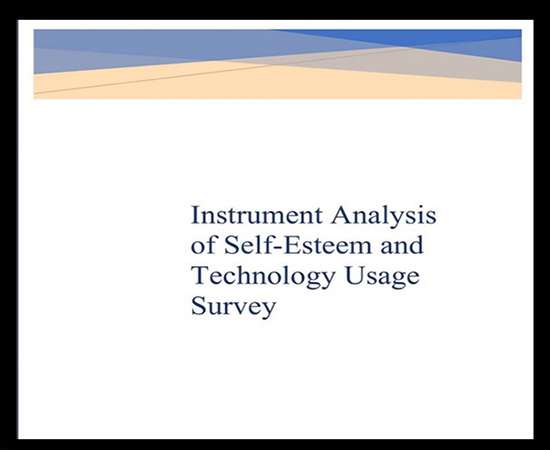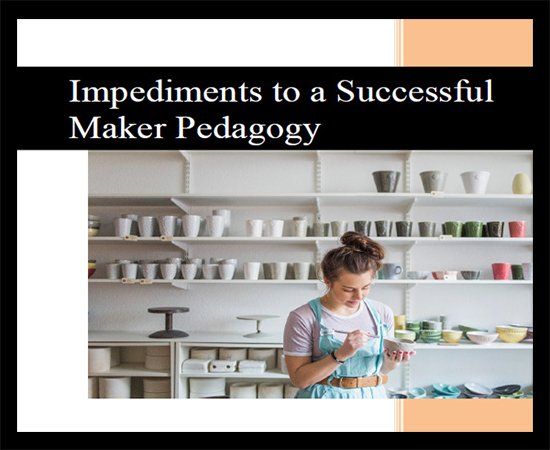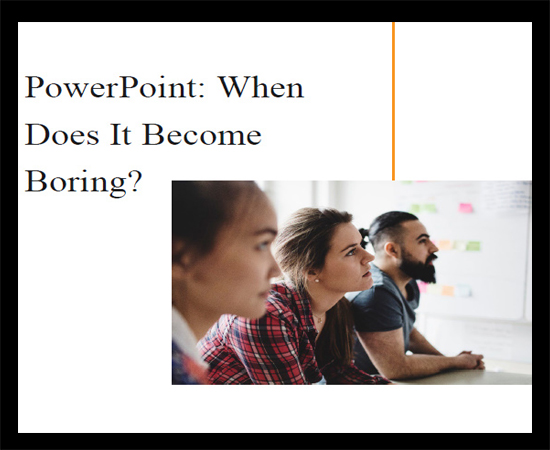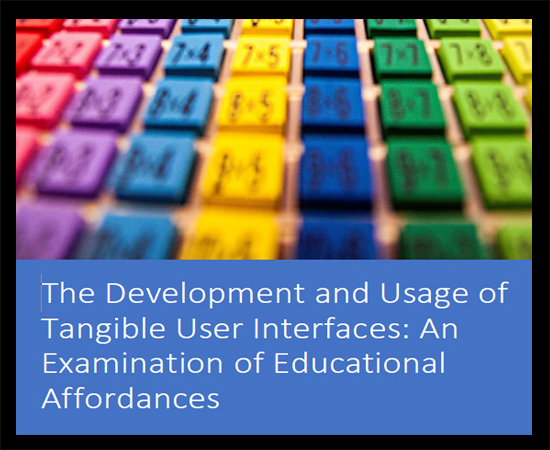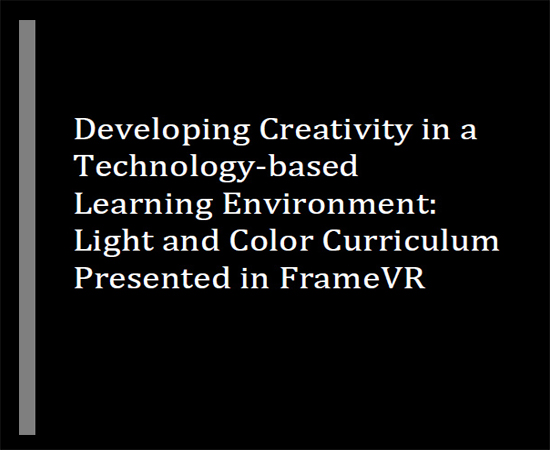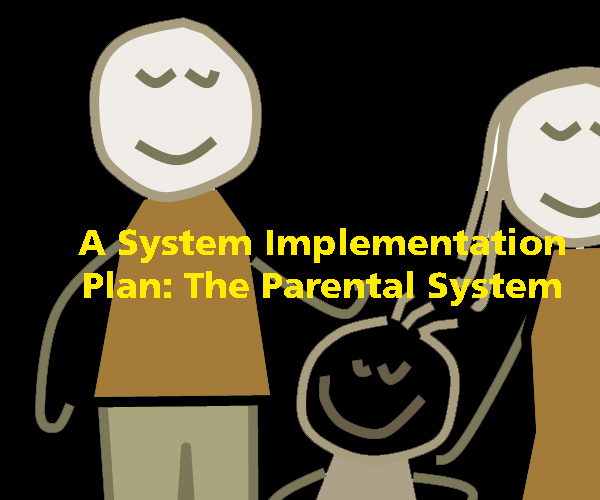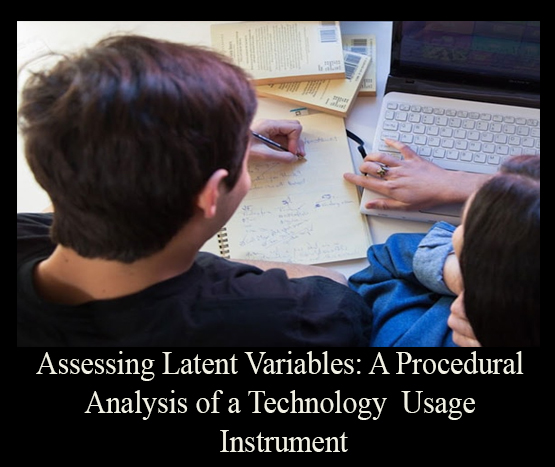Curriculum Vitae
Professional Overview
“By three methods we may learn wisdom: First, by reflection, which is noblest; Second, by imitation, which is easiest; and third by experience, which is the bitterest.” – Confucius.
An individual can be viewed from three perspectives: how one perceives themselves, how others perceive them, or from the perspective as a true unknown self. I present this portfolio with the best intention of displaying academic acumen subjectively and being objectively perceived. The portfolio presentation contains various demographic, chronologic elements, and reflective works illustrating a competence in learning technologies. The portfolio website highlights one’s curriculum vitae, a summation of scholarly writings, a catalog of professional presentations and publications, and a demonstration of technology-based creative works.
As noted by Confucius, reflection is the first and noblest method to pursue wisdom. If the second method for acquiring wisdom is to imitate, undoubtedly, one has become wise, for I have emulated many educators’ words and practiced lessons. However, the attainment of wisdom acquired through experience, where despite all of one’s reflection and all of one’s imitation, eventually brings one to the precipice of the existential self, where the individual is left soul-bare and too terrified to answer the quintessential question, “Have I learned enough?”. If one dares to answer the question of one’s intellectual growth, it can be said that much has been experienced. Some lessons have been bitter, some sweet, and some tasteless. Is it enough to say that I have reached the pinnacle of my intellect and am content, or have I just begun?
The processes, requirements, costs, and rigors of obtaining a doctorate are viewed from multiple perspectives. From the beginning of my pursuit, I have viewed the process as the accusation of the particular skills required for appropriate question-asking and the particular processes of intellectual discovery. I came to the university to purchase answers to many questions, to browse the aisles to discover new things of interest, and I have only begun to receive the value of the product purchased to develop the skills necessary to become a quality questioner. The objectives listed as the requirement for the doctorate portfolio allude to an outline of one’s professional goals and research interests. A goal is, by definition, a projection of things one wants to accomplish, in this discussion, academic and professional, with each being equal. When I wish upon a star or blow out another birthday candle, I wish to see one’s future comfortably settled in a small college town, with an adjunct teaching position occupied with grant writing and publishing publishable research. Is that a goal? Why not be sublime and envision a Nobel prize and a seat at the table of the Santa Fe Institute? In all truth, my only true goal is to be enough and do enough to be of value to just one person. If Einstein is correct, “One should never worry about the future…it comes soon enough.”
One’s research interest and the portfolio’s contents are an eclectic composition of disparate interests. Throughout academic investigations, one’s research has illuminated topics such as self-esteem, tangible user interfaces, problems with a maker pedagogy, the unfortunate value of PowerPoints, childhood building block play, holographic images, and virtual reality as a learning environment. Scholarly research interests intersect and form an organization where the whole is the sum of its parts. As I learn each component, the whole becomes increasingly visible, tangible, and valuable. If a specific research interest has begun to reveal itself out of one’s curiosity, I am moving toward a developing interest in instrument development, analytics, and socio-technologic influences on learning.
When the writer sets out to write their thoughts, answer questions, attempt to explain, tries to convince, or to entertain, there are never enough words, there is never enough time, and each noun, verb, paragraph, and page, is never wholly enough to express the depth of the whole. The insanity of the writer comes with editing, making judgments, rearranging, grammar checking, replacing a word or phrase, and the nagging anxiety of a reader’s “if only” and a “so what.” One was asked to reflect on their academic journey, and the discussion presented here is trivial compared to the scope of my introspective nature. The scholastic work I have accomplished is also trivial and insignificant compared to others; however, trivial or insignificant as it may be to others, I am proud of the work I have accomplished, and I am not embarrassed to present a word of it. I conclude my thoughts on self-reflection with the words of Michel de Montaigne: “If I speak of myself in different ways, that is because I look at myself in different ways.”
Professional Presentations
SITE Conference - New Orleans 2023
STEM Learning Block Affordances
Poster Presentation
Awarded Third Place for Excellence
2023 Fall Residental Meeting
Round Table Discussion - Self-esteem and Technology Usage
MIRS Conference ~ 2023
Paper Presentation - Technology Usage Survey: A Preliminary Instrument Analysis
SITE - Las Vegas 2024
Full Paper Presentation - Assessing Latent Variables: A Procedural Analysis of a Technology Usage Instrument
Technology-based Creative Works
We travel, some of us forever, to seek other states, other lives, other souls.” ― Anaïs Nin
